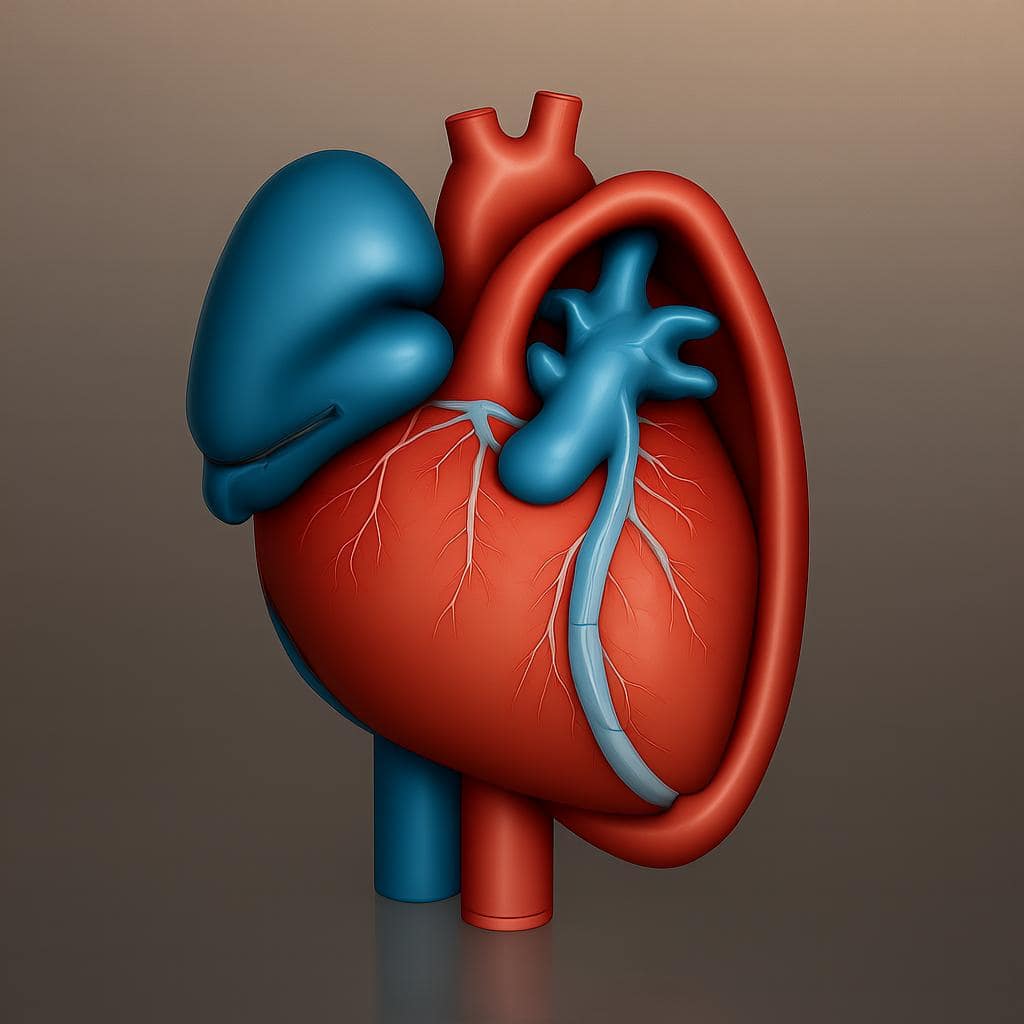
Coronary Artery Disease (CAD):
CAD is the most common cause of congestive heart failure. It occurs when the coronary arteries that supply blood to the heart muscle become narrowed or blocked due to a buildup of cholesterol and other substances, reducing blood flow to the heart muscle. This leads to weakened heart muscle and eventually heart failure.
High Blood Pressure (Hypertension):
Chronic high blood pressure forces the heart to work harder to pump blood throughout the body. Over time, this extra strain can weaken the heart muscle, leading to heart failure.
Cardiomyopathy
Cardiomyopathy refers to diseases of the heart muscle itself. These conditions can weaken the heart and contribute to heart failure. Types of cardiomyopathy include dilated cardiomyopathy, where the heart becomes enlarged and weakened, and hypertrophic cardiomyopathy, where the heart muscle becomes abnormally thick.
Heart Valve Problems:
Malfunctioning heart valves, such as those affected by diseases like rheumatic fever or congenital defects, can disrupt the heart’s ability to efficiently pump blood. This can lead to heart failure over time.
Heart Attack (Myocardial Infarction):
A heart attack occurs when blood flow to a part of the heart muscle is blocked, often due to a blood clot. The lack of blood flow damages or kills the affected heart muscle tissue, weakening the heart’s pumping ability and increasing the risk of heart failure.
Arrhythmias (Irregular Heartbeat):
Abnormal heart rhythms can cause the heart to pump inefficiently, leading to heart failure, especially if the arrhythmia is not controlled or treated.
Congenital Heart Defects:
Some people are born with structural heart defects that affect the heart’s chambers, valves, or blood vessels. These defects can contribute to heart failure later in life.

